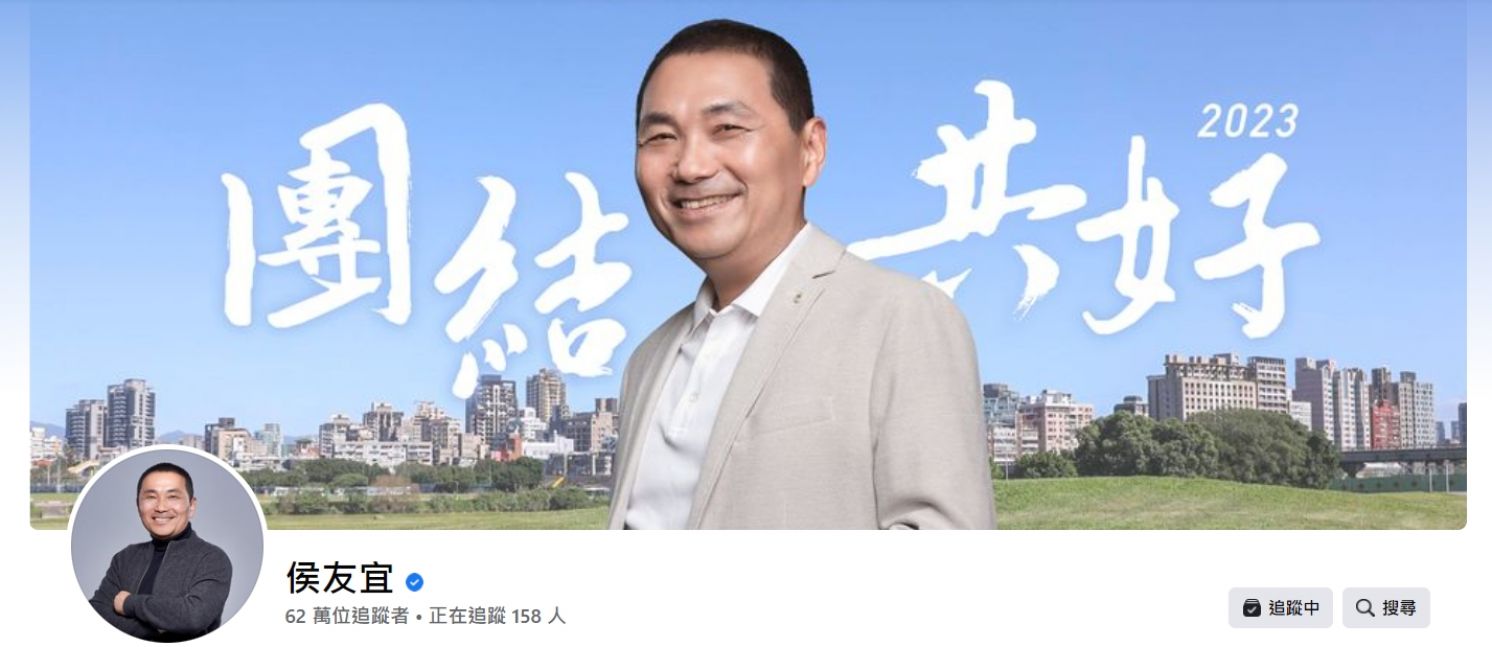
This Week in Taiwan 0101-0108
January 3: Due to disputes over year-end bonuses and salary adjustments, Evergreen Airline Services personnel initiated a strike, and the unrest has spread. It is speculated that personnel of Taoyuan International Airport Services, a subsidiary of China Airlines, may also join in protest and refuse to work over Chinese New Year and the February 28 holidays, affecting transportation over Lunar New Year.
January 4: Premier Su Tseng-chang announced that NT$140 billion (about US$4.5 billion) in surplus tax revenue will be distributed to the people so that everyone can share the fruits of economic progress. Each person is expected to receive NT$6,000 in cash (about US$196).
January 4: In his New Year's Day remarks, Mayor Hou Yu-yi of New Taipei stated that Taiwan is not a pawn of the great powers. His Facebook cover photo was also changed with the slogan "United for the common wellbeing," interpreted as interest and preparation for the 2024 presidential election. Voices have emerged within the opposition Kuomintang (KMT) calling upon the party's Central Committee to directly nominate Hou instead of holding a primary election and risking internal division. Hou did not respond specifically to the media on which great power he has in mind.
January 5: Engineering defects were observed in the newly opened Hsinchu Baseball Stadium. The Hsinchu City Government found waste in the shallow soil, a problem difficult to mitigate in the short term. The city government announced that it would give up applying to host the qualifier round of the World Baseball Classic and has also filed suit against contractors over serious concerns of cutting corners on construction materials used.
January 5: After retirement, a former colonel of the Air Force went to mainland China to do business and was absorbed by the mainland to develop an intelligence network in Taiwan. He was involved in recruiting six active officers from the Navy and Air Force to pry confidential information of the Armed Forces. The Kaohsiung Branch of the Taiwan High Prosecutors Office directed units including the National Security Division of the Investigation Bureau, Ministry of Justice, to search related premises. After interrogation, the suspect and three military officers were detained, whereas another three were released on bail. More military officers may be involved in the case, and the investigation is being expanded.
January 7: To ensure that advanced semiconductor manufacturing capabilities continue to stay in Taiwan, the Legislative Yuan passed revised provisions of the Statute for Industrial Innovation, dubbed the Taiwanese version of the CHIPS Act. In the future, companies with technological innovations, such as semiconductors, 5G, and electric vehicles, and which are key players in the global supply chain, may deduct from their enterprise income tax 25 percent research and development (R&D) costs and 5 percent expenditures for purchase of new machines with advanced manufacturing capabilities. This is the highest R&D and equipment investment tax break in Taiwan's history.
January 7: The Mini-Three Links between Kinmen and mainland China's Xiamen restarted. Of the 37 who entered Kinmen from Xiamen on the first day that travel resumed for the Chinese New Year holidays, seven were found positive for the coronavirus (COVID-19) with saliva testing, a positive rate of 18.9 percent.
January 8: Following the election of Chiang Wan-an as Taipei mayor, the by-election for his former legislator seat was held. KMT nominee Wang Hung-wei defeated Enoch Wu of the Democratic Progressive Party (DPP) and was elected.